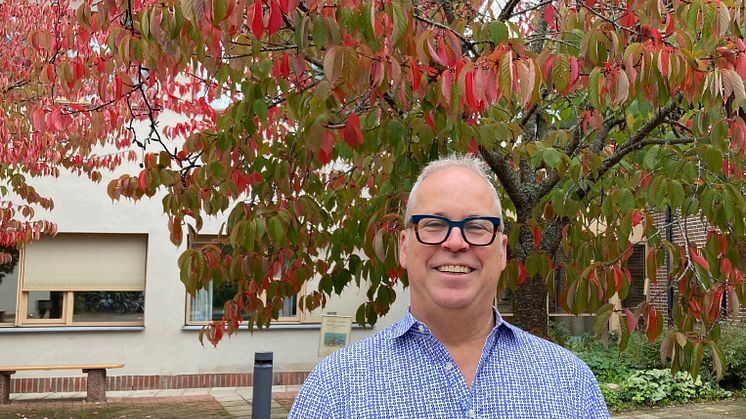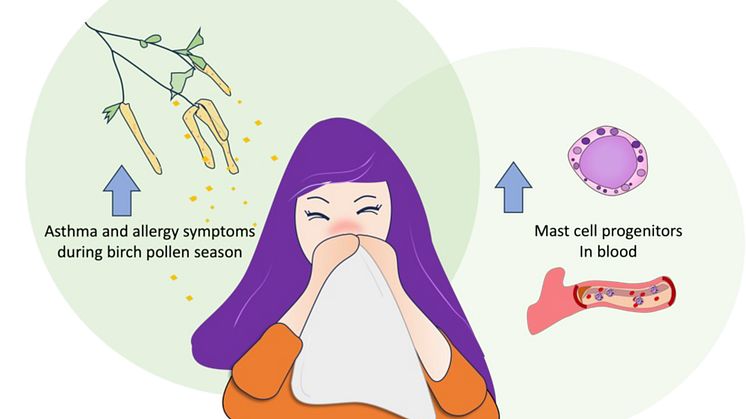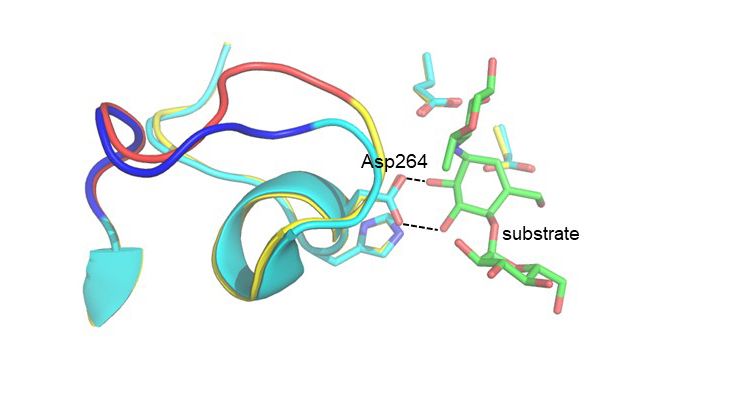Queues negatively impacted voter turnout
Turnout in the general elections in 2022 fell more sharply in electoral districts that had long queues to the polling stations than in comparable districts without queuing issues. Queuing can only explain a small part of the decrease in turnout between the years 2018 and 2022, however. 87 percent of the population voted in 2018, which fell to 84 percent in 2022.





